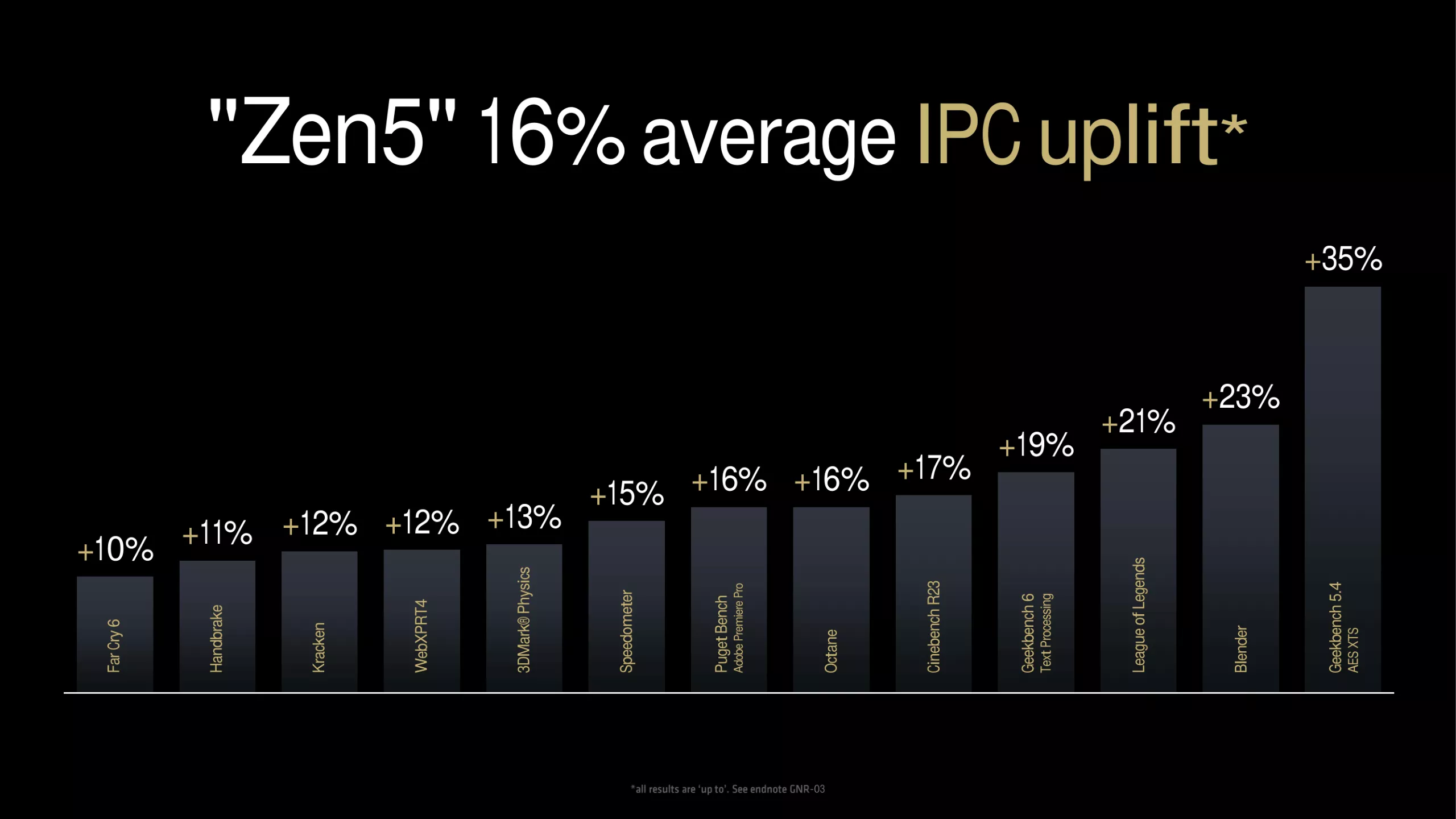AMD Ryzen 7 9800X3D vs. 7800X3D Showdown: Gaming Performance Insights
Gamers everywhere are constantly on the lookout for the best hardware to maximize their gaming experience, and the Ryzen 7 9800X3D has become a popular choice among enthusiasts. Released last year, it has set new standards in gaming performance, surpassing its predecessor, the 7800X3D, which itself was highly regarded for its capabilities.
Specifications at a Glance
AMD’s latest architecture presents notable improvements in its latest processors. The Ryzen 7 9800X3D, with its Zen 5 architecture, brings significant enhancements over the Zen 4-based 7800X3D. These processors maintain the same core/thread configuration, but the 9800X3D stands out with its higher clock speeds, improved memory support, and compatibility with modern motherboards. Despite these advancements, the integrated graphics unit remains unchanged from its predecessor.
Architectural and Die Design Differences
The transition from Zen 4 to Zen 5 has introduced multiple architectural upgrades, such as a wider front-end and increased cache bandwidth. These changes have resulted in a 16% IPC uplift, although the die design’s most significant advancement is the second-generation 3D V-Cache setup. By placing the cache chiplet underneath the CCD, AMD has tackled overheating issues, allowing the 9800X3D to maintain higher clock speeds without thermal throttling, unlike previous generations.

Gaming Benchmarks
When it comes to raw gaming performance, the Ryzen 9800X3D demonstrates an 11.4% improvement over the 7800X3D in tested titles. However, these gains are less perceptible at higher frame rates. With high-end graphics cards like the GeForce RTX 4090, the differences become subtle, especially at 1440p and 4K resolutions, where the performance gap narrows even further.
The 9800X3D outperforms the 7800X3D by 11.4% in gaming benchmarks, but the perceptible difference is minimal at higher resolutions. Players focusing on 4K gaming should prioritize investing in a powerful GPU rather than the highest-end CPU.
Both processors are rated at 120W, but the 7800X3D showcases better power efficiency under gaming loads. It maintains lower temperatures compared to the 9800X3D, making it a more thermally efficient option for gamers.
Power Efficiency and Temperatures
While both CPUs are rated at the same thermal design power, independent tests show that the 7800X3D is more power-efficient, offering higher FPS per watt. Temperature tests reveal that the 9800X3D runs hotter, reaching 80°C, while the 7800X3D stays cooler under similar conditions.
Ultimately, the Ryzen 7 7800X3D presents a better value proposition, especially considering its recent price drop. For gamers who seek the best performance per dollar, the 7800X3D remains a compelling choice, balancing power efficiency and cost-effectiveness without significant sacrifices in gaming fluidity.
On the other hand, the 9800X3D is ideal for those who demand the absolute highest performance and can discern the slightest frame rate differences, albeit at a higher cost. With the current pricing trends, the value offered by the 7800X3D makes it the recommended option.